113. The Explorers stayed for 27 days in Oromanga
and this piece of information could possibly be a
way to document the precessional distance down to
Roman times.
... They put the injured Kuukuu on a
stretcher and carried him inland. They prepared a
soft bed for him in the cave and let him rest there.
They stayed there, rested, and lamented the severely
injured Kuukuu. Kuukuu said, 'Promise
me, my friends, that you will not abandon me!' They
all replied, 'We could never abandon you!' They
stayed there twenty-seven days in Oromanga
...
|
APRIL
10 (100 = 164 - 64) |
 |
|
Ca10-12 |
|
te mauga tuu
toga |
|
HEAVENLY GATE = ζ Tauri,
PHAKT
= α Columbae |
|
June 13 (*84 = 3 * 28) |
|
'May 17 (*57 = 3 * 19) |
This was probably the place where Maui had gone down
in form of a kereru (wood pigeon)
to visit his parents, and the direction
in time-space should therefore be backwards .
For
the Explorers - who seem to have come to Easter Island 41
precessional days earlier than at the time of
rongorongo - the date
would have been 164 (June 13) - 41 = 123
("May 3). There were 120 days from the
beginning of the year to the end of
Vaitu Nui ("April) and 3 more days to
Vaitu Potu 3. Here was 'the mountain
standing up down in the southwest' (te
mauga tuu toga). From Vaitu Nui 25
(115) to Vaitu Potu 3 (123) there
were 8 days, after the Explorers had
departed from Cursa there were 8 days to the
Heavenly Gate:
 |
 |
 |
 |
| Ca9-27 (255) |
Ca10-1 (256 = 4 * 64) |
Ca10-2 |
Ca10-3 |
| etoru gagata hakaariki kia raua |
Erua inoino |
kua hua te vai |
| π4 Orionis (72.1), ο¹ Orionis (72.4), π5 Orionis (72.8) |
π¹ Orionis (73.0), ο² Orionis (73.4),
HASSALEH = ι Aurigae (73.6), π6 Orionis (73.9) |
ALMAAZ = ε Aurigae (74.7), HAEDUS I = ζ Aurigae (74.8) |
HAEDUS II = η Aurigae (75.9) |
| June 1 (152) |
2 |
3 |
4 (155) |
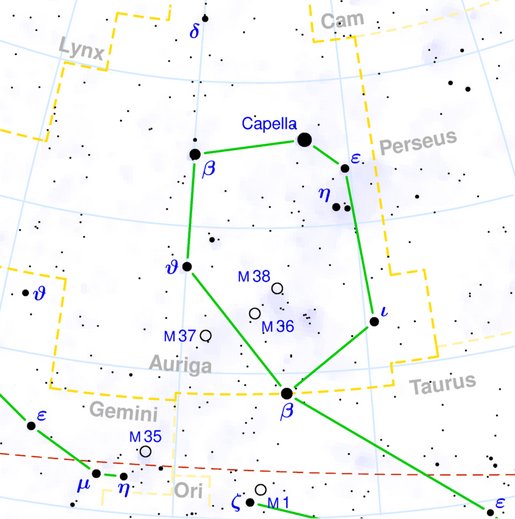
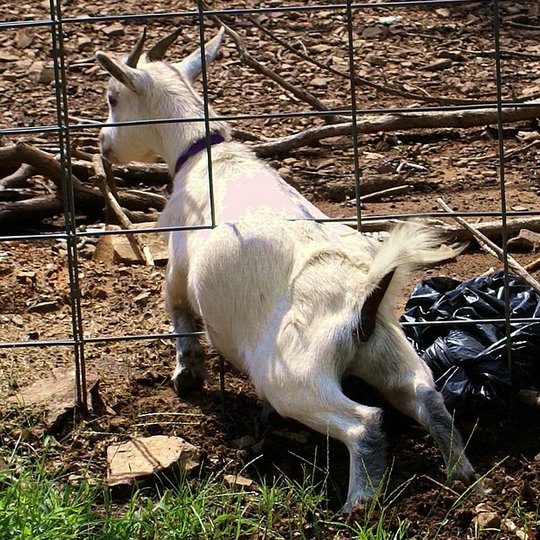
 |
 |
 |
 |
| Ca10-4 |
Ca10-5 (260) |
Ca10-6 (9 * 29) |
Ca10-7 |
| te kiore - te inoino |
kua oho te rima kua kai - ihe nuku hoi |
Tupu te toromiro - kua noho te vai |
|
ε Leporis (76.0),
CURSA = β Eridani (76.4), λ Eridani (76.7) |
μ Aurigae, μ Leporis (77.6) |
ĸ Leporis (78.0), RIGEL (Foot) = β Orionis (78.1), Flaming Star = IC405 (78.2), CAPELLA = α Aurigae (78.4), ο Columbae, τ Orionis (78.8) THUBAN (α Draconis)
|
λ Aurigae (79.0), λ Leporis (79.6), ρ Aurigae (79.7)
ARCTURUS (α Bootis) |
| June 5 |
6 |
7 (*78) |
8 |
| Vaitu Nui 25 (115) |
"April 26 |
27 |
28 |
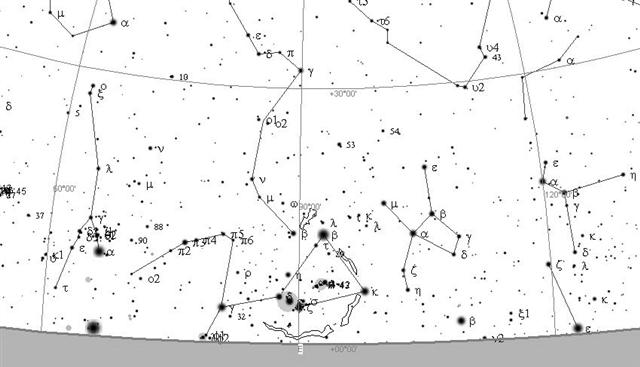
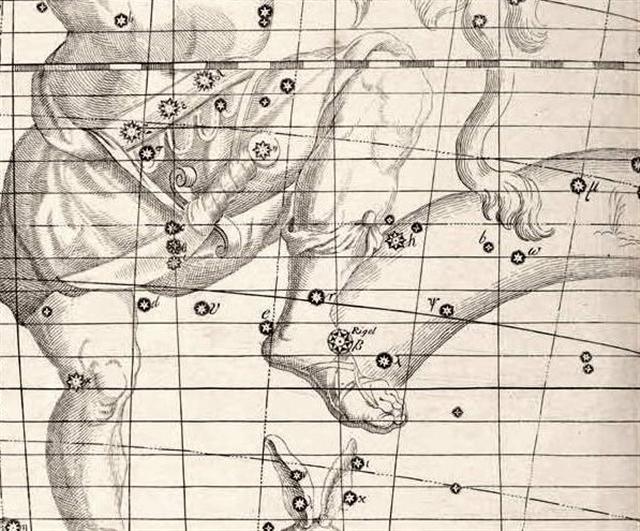
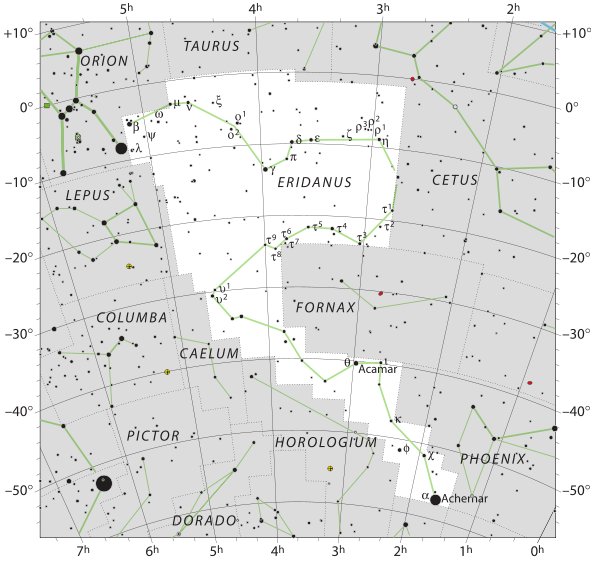
 |
 |
 |
 |
 |
| Ca10-8 |
Ca10-9 (264 = 305 - 41) |
Ca10-10 |
Ca10-11 |
Ca10-12 |
| te moko |
te marama |
te kava |
manu rere |
te mauga tuu toga |
| June 9 |
10 (161) |
11 |
12 |
13 (*84) |
| "April 29 |
30 (120 = 161 - 41) |
"May 1 (11 * 11) |
2 |
3 (123) |
... Dante kept to the tradition of the
whirlpool as a significant end for great
figures, even if here it comes ordained by
Providence. Ulysses has sailed in his 'mad
venture' beyond the limits of the world, and
once he has crossed the ocean he sees a
mountain looming far away, 'hazy with the
distance, and so high I had never seen any.'
It is the Mount of Purgatory, forbidden to
mortals.
'We rejoiced, and soon it turned to tears,
for from the new land a whirl was born,
which smote our ship from the side. Three
times it caused it to revolve with all the
waters, on the forth to lift is stern on
high, and the prow to go down, as Someone
willed, until the sea had closed over us.'
The 'many thoughted' Ulysses is on his way
to immortality, even if it has to be Hell.
The engulfing whirlpool belongs to the
stock-in-trade of ancient fable. It appears
in the Odyssey as Charybdis in the straits
of Messina - and again, in other cultures,
in the Indian Ocean and in the Pacific. It
is found there too, curiously enough, with
the overhanging fig tree to whose boughs the
hero can cling as the ship goes down,
whether it be Satyavrata in India, or
Kae in Tonga
...
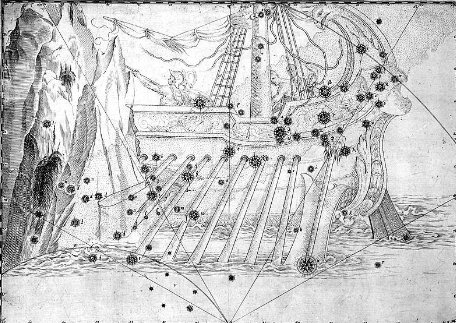

This infernal whirlpool
seems to have preceded Betelgeuze. And if
so, there was growth (tupu) in this
bad place ( i
te inoino):
 |
 |
|
Ca10-13 (268) |
Ca10-14 |
|
kua tupu te
mea - i te inoino |
ka tupu te
toromiro - i te inoino |
|
June 14 |
15 |
|
APRIL 23 |
24 (104 = 168 - 64) |
25 |
26 |
27 (107 = 471 - 364) |
 |
 |
 |
 |
 |
|
Ca10-15 (3 * 90) |
Ca10-16 |
Ca10-17 |
Ca10-18 (273) |
Ca10-19 |
|
rima heu ki te
vai |
te moko oho mai |
te marama |
te kava |
manu rere |
|
June 16 (*87 = 3 * 29) |
BETELGEUZE |
18 |
19 |
20 (171 = 9 * 19) |
|
'May 20 |
22 |
23 (*63) |
24 (144) |
The Explorers must have passed Mount
Purgatory on their way down to Easter
Island - the place with a Whirlpool and
a Ship forced to
turn around 3 times (1, 2, 3) before its
stern was raised high and it went down.
...
There is a couple residing in one place
named Kui and Fakataka.
After the couple stay together for a
while Fakataka is pregnant. So
they go away because they wish to go to
another place - they go. The canoe goes
and goes, the wind roars, the sea
churns, the canoe sinks. Kui
[Tui] expires while Fakataka
['making go around'] swims ...
|
Tui
1. To sew mats, to make strings.
E-tahi tuitui reipá i Te Pei,
ekó rava'a e-varu kaukau;
i-garo ai i Hiva, i te kaiga,
a necklace of
mother-of-pearl is on te Pei,
few will find it (lit: eight
groups of people); it has
remained in Hiva, in our
homeland. 2. The three stars of
Orion's Belt. Vanaga. |
|
Taka
Taka,
takataka. Circle; to
form circles, to gather, to get
together (of people). Vanaga. 1.
A dredge. P Mgv.:
akataka, to fish all
day or all night with the line,
to throw the fishing line here
and there. This can only apply
to some sort of net used in
fishing. We find in Samoa
ta'ā a small fishing line,
Tonga taka the short line
attached to fish hooks, Futuna
taka-taka a fishing party
of women in the reef pools
(net), Maori takā the
thread by which the fishhook is
fastened to the line, Hawaii
kaa in the same sense,
Marquesas takako a badly
spun thread, Mangareva takara
a thread for fastening the bait
on the hook.
2. Ruddy. 3. Wheel, arch;
takataka, ball, spherical,
round, circle, oval, to roll in
a circle, wheel, circular piece
of wood, around; miro
takataka, bush; haga
takataka, to disjoin;
hakatakataka, to round, to
concentrate. P Pau.:
fakatakataka, to whirl
around. Mq.: taka, to
gird. Ta.: taa, circular
piece which connects the frame
of a house. Churchill.
Takai, a curl, to tie;
takaikai, to lace up;
takaitakai, to coil. P Pau.:
takai, a ball, to tie.
Mgv.: takai, a circle,
ring, hoop, to go around a
thing. Mq.: takai, to
voyage around. Ta.: taai,
to make into a ball, to attach.
Churchill |
The Moko type of glyph is
clearly a figure who always should
be pregnant.
...
And then she looked in her hand, she
inspected it right away, but the bone's
saliva wasn't in her hand. It is just a
sign I have given you, my saliva, my
spittle. This, my head, has nothing on
it - just bone, nothing of meat. It's
just the same with the head of a great
lord: it's just the flesh that makes his
face look good. And when he dies, people
get frightened by his bones. After that,
his son is like his saliva, his spittle,
in his being, whether it be the son of a
lord or the son of a craftsman, an
orator.
The father does not
disappear, but goes on being fulfilled.
Neither dimmed nor destroyed is the face
of a lord, a warrior, craftsman, an
orator. Rather, he will leave his
daughters and sons. So it is that I have
done likewise through you. Now go up
there on the face of the earth; you will
not die. Keep the word. So be it, said
the head of One and Seven Hunaphu - they
were of one mind when they did it
...
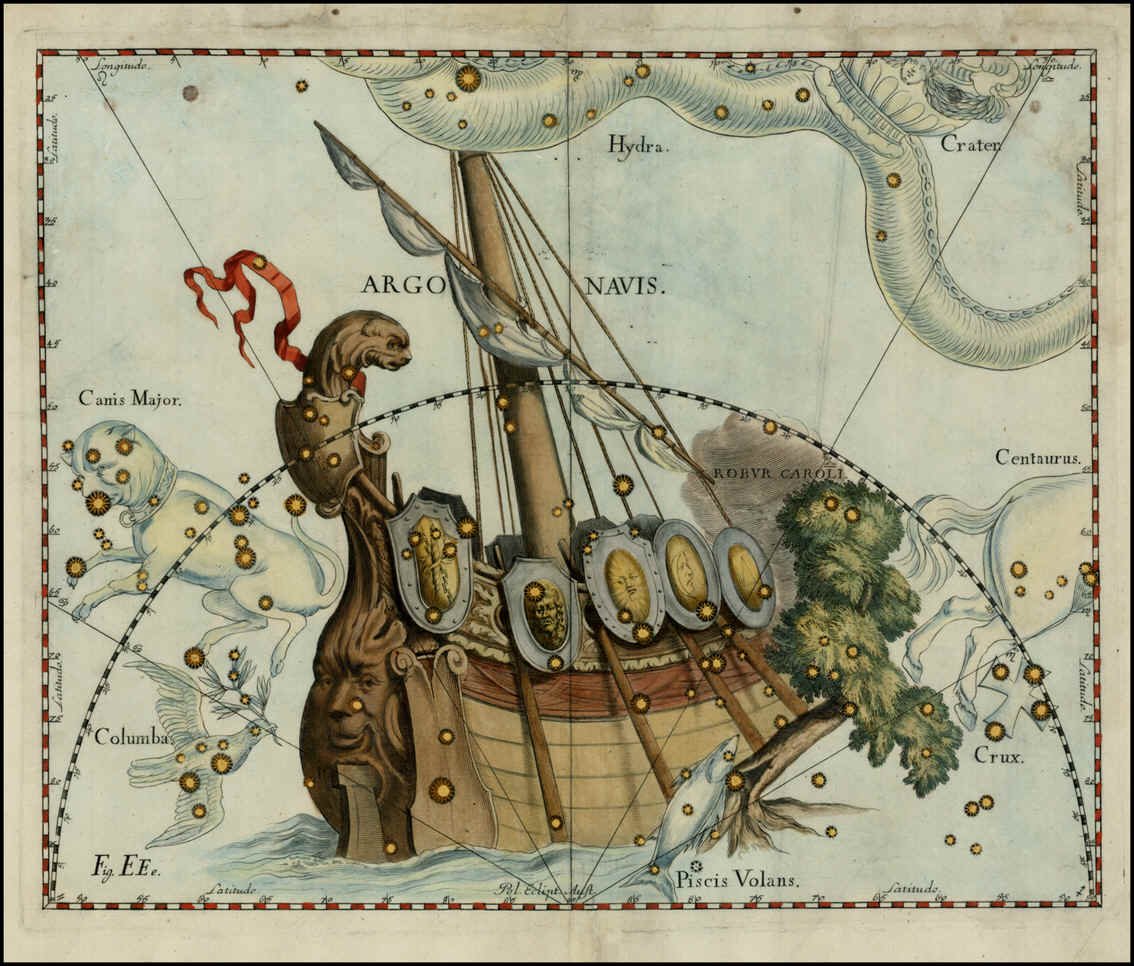
|
Hiro
1. A deity
invoked when praying for rain
(meaning uncertain). 2. To twine
tree fibres (hauhau, mahute)
into strings or ropes.
Ohirohiro,
waterspout
(more exactly pú ohirohiro),
a column of water which rises
spinning on itself.
Vanaga.
To spin, to
twist. P Mgv.: hiro,
iro, to make a cord or line
in the native manner by twisting
on the thigh. Mq.: fió,
hió, to spin, to twist,
to twine. Ta.: hiro, to
twist. This differs essentially
from the in-and-out movement
involved in hiri 2, for
here the movement is that of
rolling on the axis of length,
the result is that of spinning.
Starting with the coir fiber,
the first operation is to roll (hiro)
by the palm of the hand upon the
thigh, which lies coveniently
exposed in the crosslegged
sedentary posture, two or three
threads into a cord; next to
plait (hiri) three or
other odd number of such cords
into sennit. Hirohiro, to
mix, to blend, to dissolve, to
infuse, to inject, to season, to
streak with several colors;
hirohiro ei paatai, to salt.
Hirohiroa, to mingle;
hirohiroa ei vai, diluted
with water. Churchill. Ta.:
Hiro, to exaggerate. Ha.:
hilohilo, to lengthen a
speech by mentioning little
circumstances, to make nice
oratorial language. Churchill.
Whiro
'Steals-off-and-hides'; also [in
addition to the name of Mercury]
the universal name for the 'dark
of the Moon' or the first day of
the lunar month; also the deity
of sneak thieves and rascals.
Makemson. |
.jpg)
|


















.jpg)